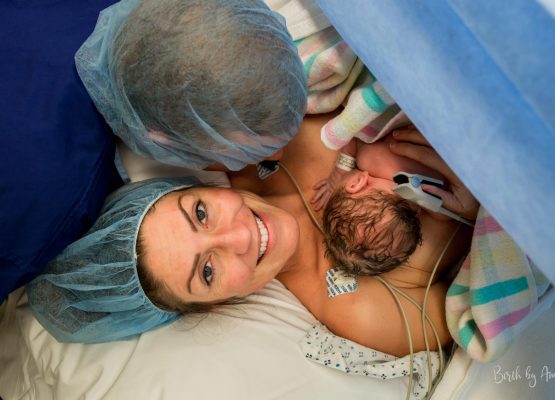Leg cramps in pregnancy are a common occurrence, affecting expectant mothers and occurring mainly at night. About 30–50% of pregnant women experience leg cramps at least twice a week during the third trimester. Leg cramps mostly happen twice a week or less frequently, usually at night, last a few seconds to a few minutes, and mostly disappear by themselves.
Causes can be weight gain, dehydration, hormonal disorders, changes in potassium, sodium, magnesium, and calcium levels, as well as compression of blood vessels in the legs, and poor blood circulation. Regarding the pressure of blood vessels, and nerves resulting from the enlarged uterus, imbalances between the intake and output of electrolytes and vitamins, and insufficient minerals intake might be other reasons for cramping.
According to Nygaard IH, cramps during pregnancy are not related to pregnancy complications and are not accompanied by undesirable consequences for the fetus, and it is one of the common reasons for sleep disorder resulting from cramps influences.
| Tips for improving circulation while pregnant Try sleeping on your left side.At night place a pillow under or between your legs.Elevate your legs as often as possible – literally, find the time to put your feet up and relax if you can. |
The most common cause is low levels of calcium in the blood of the pregnant woman, due to its absorption by the fetus.
A possible therapy is vitamins (magnesium, calcium, sodium, and vitamin E and vitamin D), massage, muscle stretching, relaxation, heat therapy, and dorsiflexion of the foot. Especially magnesium requirements increase during pregnancy. Also Vitamin D supplements, it is necessary during pregnancy. Vitamin D is a fat-soluble vitamin found in very small quantities in natural food materials. Furthermore, calcium improves metabolic and neuromuscular performance and bone health of the mother. The results of the review by Young et al. showed that calcium can decrease pain in leg cramps and it has a positive effect on treatment.
- When you have a cramp, stretch the calf by grasping your toes, pulling them up, and keeping your foot as straight as possible.
- During the day, make sure you stretch your leg by turning your fingers upwards.
- If you have a partner, ask them to help, he gently massages the area. You can also get a prenatal massage, which can be a positively divine experience. Look for an experienced therapist in your area who specializes in working with pregnant women.
- Drink plenty of water. This way, your body will have enough electrolytes and minerals. Try to drink 8 to 12 cups of water each day.
- Try to stand, on a cold surface, which can sometimes stop a spasm. An ice pack or cool compress may also help.
- Enrich your diet with calcium and magnesium. Eat fresh vegetables and fruits that contain potassium. Bananas, apples, oranges, and apricots contain significant amounts of potassium.
- Avoid sitting in a place or on your feet crossed for a long time.
- Avoid too much salt.
- Exercise regularly – Exercise helps smooth blood circulation and reduces fluid retention.
The chances of a mother needing to take supplements like magnesium and calcium during pregnancy are high. We don’t get more magnesium and calcium than there are in the multi-vitamin capsules we take in pregnancy. Excessive or extra intake of magnesium and calcium occurs only when it is deficient in the mother’s body and only if the amount is not covered by food. Because fri=on=m the reviews it is not clear, whether magnesium, calcium, vitamin B, or vitamin C provide effective or safe treatments for pregnant women, make sure you ask your midwife before taking any supplements. In case you are getting cramps very regularly or can see some swelling or tenderness in your leg, pain walking, or enlarged veins, contact your GP. These may be symptoms of a blood clot.
Oral magnesium supplementation for leg cramps in pregnancy—An observational controlled trial, Arau´jo CALd, Lorena SBd, Cavalcanti GCdS, Leão GLdS, Teno´rio GP, Alves JGB (2020), PLoS ONE 15(1): e0227497
Nygaard IH, Valbø A, Pethick SV, Bøhmer T. Does oral magnesium substitution relieve pregnancy-induced leg cramps? Eur J Obstet Gynecol Reprod Biol. 2008;141:23–6.
Young GL, Jewell D. Interventions for leg cramps in pregnancy. Cochrane Database Syst Rev. 2002;1:CD000121.
Danforth’s Obstetrics and Gynecology Ninth Ed. Scott, James R., et al, Ch. 1.




